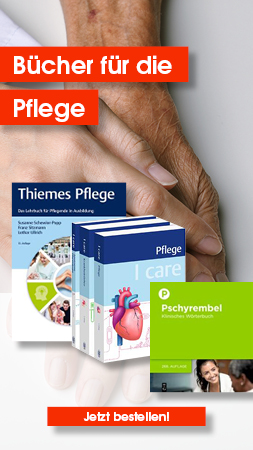Buch, Englisch, 300 Seiten, Format (B × H): 174 mm x 246 mm, Gewicht: 1040 g
Reihe: WONCA Family Medicine
Preparing medical students to work in evolving health care systems
Buch, Englisch, 300 Seiten, Format (B × H): 174 mm x 246 mm, Gewicht: 1040 g
Reihe: WONCA Family Medicine
ISBN: 978-1-032-35184-1
Verlag: CRC Press
It has been recognised by governments and healthcare organisations worldwide that for Universal Healthcare in pursuit of Health for All under the Sustainable Development Goals to be achieved, effective primary care that is integrated, accessible, and affordable for everyone is essential.
This practical guide is the first designed specifically to support those planning and conducting family medicine/primary care education within medical schools around the world. It offers medical educators a collection of concise easy to follow chapters, guiding the reader through the curriculum requirements with key references for further detail. Plain English and practical, deliverable advice, adaptable to different contexts, ensures the content is accessible to those educating medical students in any country, while the structure within sections ensures that family medicine doctors and educators can dip into chapters relevant to their roles, for example curriculum design for academic educators or teaching methods for those educating in clinical practice.
Key Features
¦ The first “how-to” guide dedicated to effective integration of family medicine teaching into medical school curricula
¦ Offers a strong evidence-based framework for integrating family medicine into medical schools
¦ Wide in scope, for academics and educationalists at all levels and in all geographies, reflecting and embracing the experience and variation in family medicine across the globe to produce pragmatic and effective information on which medical schools can base change
¦ Step-by-step introduction to the processes of literature review (establishing the existing knowledge base), choosing a topic, research questions, and methodology, conducting research, and disseminating results
¦ Supported by the WONCA Working Party on Education
The book is edited and authored by members of the World Organization of Family Doctors (WONCA) Working Party on Education, which is ideally placed to offer a strong platform for medical schools to integrate family medicine whatever the local context, enabling all future doctors, whatever their career aspiration, to understand the importance of family medicine to health systems and holistic medicine and encourage family medicine doctors to inspire students to consider a career in the field.
Zielgruppe
Postgraduate, Professional, and Professional Practice & Development
Autoren/Hrsg.
Fachgebiete
Weitere Infos & Material
Section I - Integrating FM into the UG curriculum: Seizing the opportunity
- Changing healthcare: Building the evidence for generalism
- Defining family medicine
- Social accountability
- Developing an appropriate workforce for the future
- Academic primary care: The importance of family medicine leaders and role models
- Barriers for change and how to overcome these
Section II - What to aim for: Principles of curriculum design
- Humanism in family medicine
- Addressing population needs
- Addressing patient and family needs
- Competency-based curricula
- Designing an integrated curriculum
- Values-based education: Integrating professionalism into the curriculum
- The formal, informal, and hidden curricula
Section III - Integrating FM into the curriculum: how to achieve this
- Selecting for medical school entry: Nature or nurture?
- Early exposure to family medicine
- Family medicine placements: Apprenticeship learning
- Longitudinal integrated clerkships
- Interprofessional learning
- Experiential learning for undergraduate medical students
Section IV - Teaching and learning: Methodologies
- Blended learning
- Clinical reasoning
- Communication skills
- Clinical and procedural skills
- Handling risk, uncertainty, and complexity
- Well-being
- Supervision, mentorship, and coaching
- Assessing clinical competency
Section V - Assessment
- The principles of feedback
- Principles of assessment and assessment tools
- Struggling students and fitness to practise
- Quality improvement and evaluation
Section VI - Evaluating teaching and learning across the curriculum
- Evidence-based practice: Medical education research
- Faculty development and continuous professional development






